
Leadership Development Factbook 2012
Benchmarks and Trends in U.S. Leadership Development
Recommendation
Bersin & Associates, a California-based research and consulting company, has developed an extensive library of up-to-date material on leadership development, corporate learning and talent management. Usually, Bersin provides information only to its “research members” – more than 750,000 human resources, talent and learning professionals worldwide in more than 3,500 client organizations. In this report, Bersin analysts Karen O’Leonard and Laci Loew explain the statistics and trends affecting the current state of leadership development at US firms. If you want a benchmark for your leadership development program based on the latest norms, getAbstract suggests this thorough study. It shows exactly how firms of all sizes develop senior leaders, middle managers and promising executives.
Summary
About the Authors
Karen O’Leonard is a principal analyst. Laci Loew works at Bersin & Associates as a senior analyst.


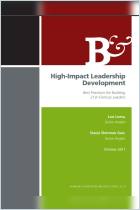
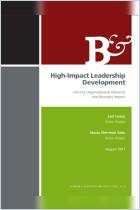
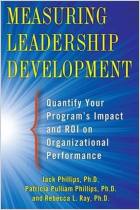

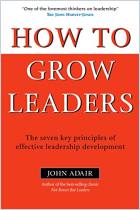
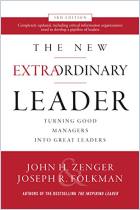

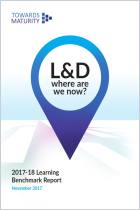


Comment on this summary